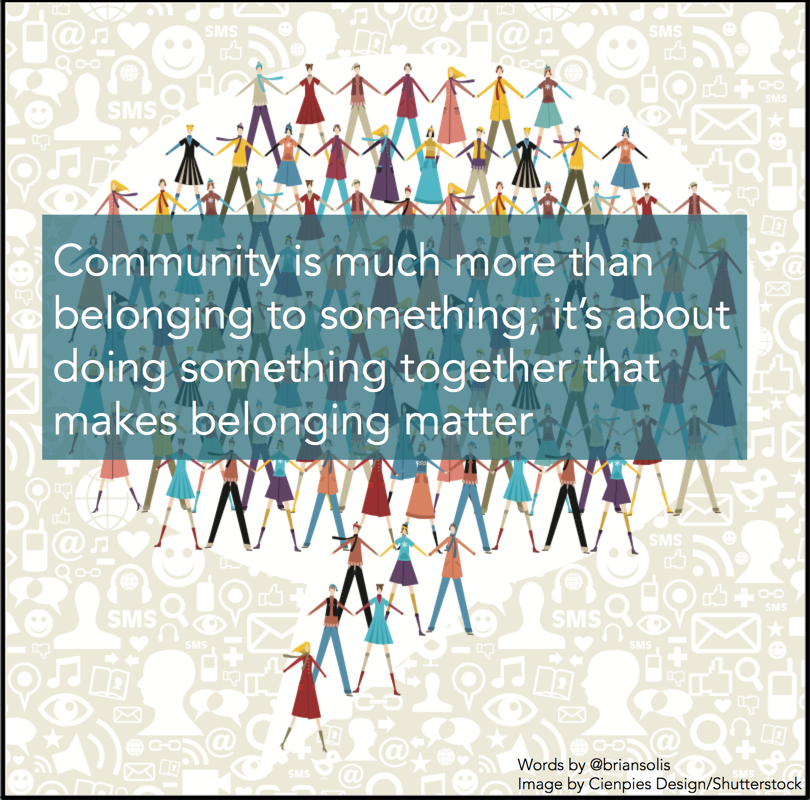Effective Professional Development
- Maria Lopez
- Jun 4, 2023
- 3 min read

"Tell me and I forget.
Teach me and I remember.
Involve me and I learn."
Benjamin Franklin
Traditional professional development (PD) is most of the time passive, delivered by a lecturer or expert. "Sit and get" model. We just sit and listen—long daily sessions for two o three days, loaded with information, but a lack of follow-ups. Moreover, PD is too generic; it does not fit the educator's specific needs.
Research conducted by Mirage shows that the typical PD offerings do not change teachers' practice or student learning, although the immense amount of money invested in teachers' professional development (an average of $18,000.00 per teacher each year, about 19 days or 10% of the school year).
Although a review of Mirage's research (Hill, 2015) argues that the analyses and interpretation in the research conducted by Mirage were randomized trials, Hill (2015) agrees that testimony from teachers themselves indicates that this sector of the educational marketplace greatly underperforms expectations.
How can we change this erroneous practice that wastes thousands of dollars and precious time in the classroom? Educators deserve high-quality professional learning that is useful and relevant. Need time to collaborate with other teachers and learn from each other. Because some educators have different learning needs than others, professional learning must engage each educator in timely, high-quality learning that meets his or her particular learning needs. If we want to make professional learning effective, we must switch to learner-centered; create the same learning environments we have been asked to create for our students.
Gulamhussein, A. (2013) proposes five principles for effective professional learning.
Significant and Ongoing. The duration of professional development must be significant and ongoing to allow time for teachers to learn a new strategy and deal with the implementation problem. The one-time workshop is insufficient to build the teacher's knowledge and skills. Studies show that teachers need at least 50 hours of instruction, practice, and coaching before the new teaching strategy is mastered and implemented in the classroom.
Support during implementation. Teachers need support during the implementation stage that addresses the specific challenges of changing classroom practice. Support at this stage helps teachers navigate the frustration of using a new instructional method.
Engagement. Teachers' initial exposure to a concept should not be passive but rather engage teachers through varied approaches so they can participate actively in making sense of a new practice. These activities can include readings, role-playing techniques, open-ended discussion of what is presented, live modeling, and visits to classrooms to observe and discuss the teaching methodology.
Modeling is a highly effective way to introduce a new concept and help teachers understand a new practice. If teachers understand and apply a concept, it is most likely to remain open to adopting it.
Specific to the discipline and teacher needs. The content should not be generic but according to the teacher's discipline (for middle and high school teachers) or grade level (for elementary school teachers). Teachers have different strengths and areas for improvement, especially when technology is involved.
Schools must consider how teachers learn and adopt new techniques for instruction, provide resources to create the training accordingly to their needs, and offer support while adopting these innovations. If school systems fail to provide effective PL, we must bring it out in our meetings and create a sense of urgency for this improvement. There is no quick fix, but we need to try. In the video Empowering the teacher technophobe, Kristin Daniels affirms that when teachers receive proper coaching, they grow and succeed in their projects. They become confident in their abilities and impact students, colleges, the entire district, and communities.
References
Gulamhussein, A. (2013). Teaching the Teachers Effective Professional Development in an Era of High Stakes Accountability. Center for Public Education. Retrieved from https://drive.google.com/drive/folders/1NBgyzzfGs6VrNjeJRDZLnipZPGeGMDF9?usp=sharing
Images
Heather Hill. (2015). Review of The Mirage: Confronting the Hard Truth About Our Quest for Teacher Development. Harvard Graduate School of Education. Retrieved from http://www.greatlakescenter.org/docs/Think_Twice/TT-Hill-TNTP.pdf
Kristine Daniels (November 6, 2013). Empowering the teacher technophobe: at TEDxBurnsvilleED. Retrieve from https://youtu.be/puiNcIFJTCU
TNTP. (2015). The Mirage: Confronting the Hard Truth About Our Quest for Teacher Development. Retrieved from http://tntp.org/publications/view/evaluation-and-development/the-mirage-confronting-the-truth-about-our-quest-for-teacher-development




Comments